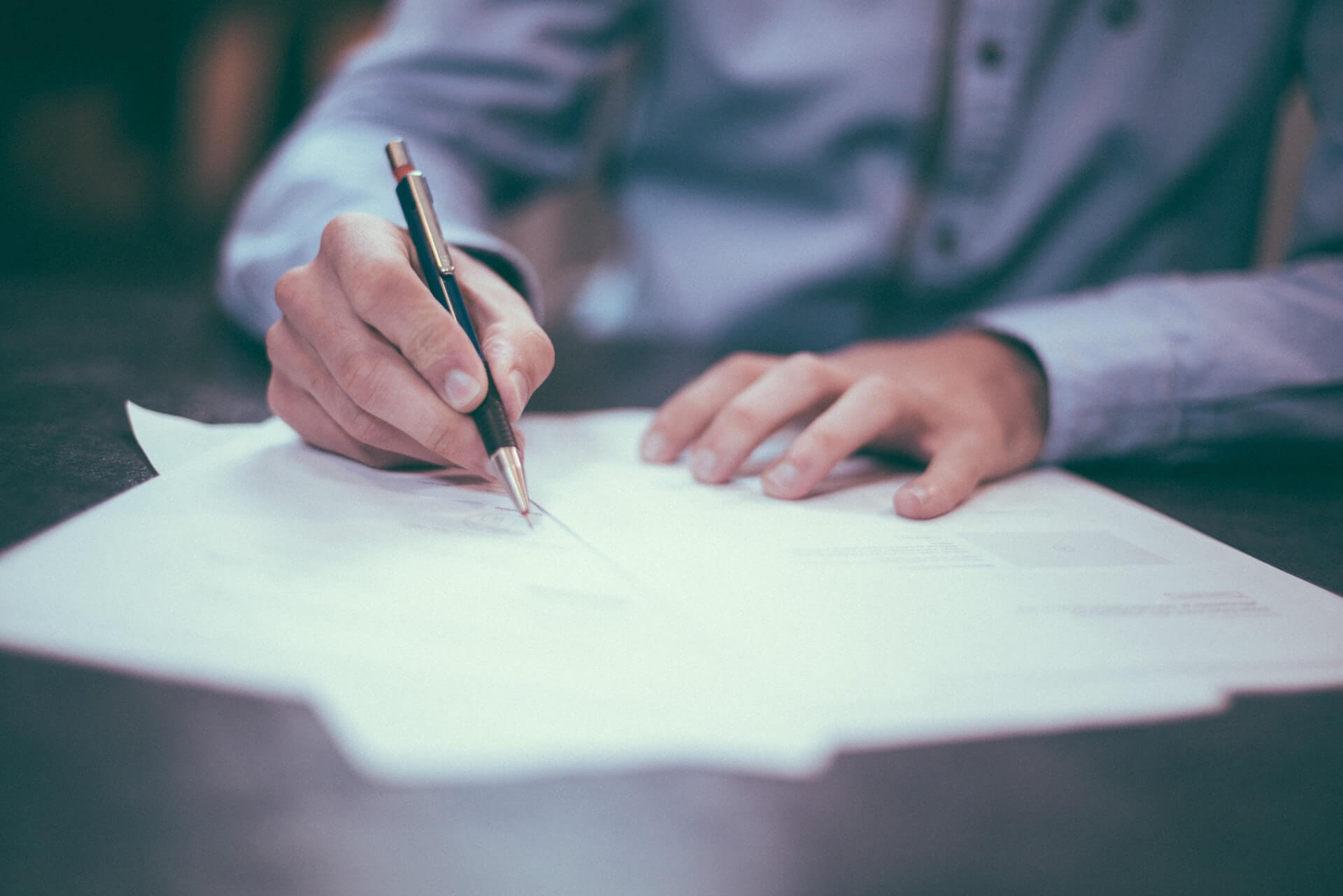Blog
Who owns the copyright to my favorite tune?
If you were stranded on a desert island and wanted a project to while away the years, figuring out the intricacies of the royalty process would certainly be enough to keep you occupied until your rescue boat turned up.
Like so many parts of modern life, industries have sprung up to deal with these complexities for you. But any musician needs to have a basic understanding of the world in which they're operating, so here's a 60-second primer:
The writer and their publisher get paid when:
• their song gets reproduced (traditionally as a CD or record, but now also encompassing downloads and streams)
• their song is played in a commercial environment, such as in a bar, on TV, or at a concert
• their song is synchronized with (usually) visuals, such as in a movie, an ad, or a videogame
• their song is streamed
• their recording is played in a commercial environment
• their song is synchronized with other content
Obviously, in many cases the person who wrote the song is also the person who's singing it on the recording. In that case, they will receive both types of royalty.
Whenever the music is played, intermediaries collect the royalties from, for example, the streaming service, concert venue, or retailer, and then distribute this money between the writer (and their publisher) and the artist (and their label). And of course they keep a share for themselves.
You can sidestep the labyrinth of copyright by buying music outright, either readymade or as a bespoke collaboration between yourself and an expert producer. Find out how Soundvase could be your missing link.
Like so many parts of modern life, industries have sprung up to deal with these complexities for you. But any musician needs to have a basic understanding of the world in which they're operating, so here's a 60-second primer:
Publishing rights
Generally speaking, there are two key parties behind a song: the writer and the artist. The writer is the one who composed the music and wrote any lyrics. They are usually represented by a publishing company.The writer and their publisher get paid when:
• their song gets reproduced (traditionally as a CD or record, but now also encompassing downloads and streams)
• their song is played in a commercial environment, such as in a bar, on TV, or at a concert
• their song is synchronized with (usually) visuals, such as in a movie, an ad, or a videogame
Master rights
The artist is the one who makes the recording. The recording is usually owned by their label. The artist and label get paid when:• their song is streamed
• their recording is played in a commercial environment
• their song is synchronized with other content
Obviously, in many cases the person who wrote the song is also the person who's singing it on the recording. In that case, they will receive both types of royalty.
Whenever the music is played, intermediaries collect the royalties from, for example, the streaming service, concert venue, or retailer, and then distribute this money between the writer (and their publisher) and the artist (and their label). And of course they keep a share for themselves.
You can sidestep the labyrinth of copyright by buying music outright, either readymade or as a bespoke collaboration between yourself and an expert producer. Find out how Soundvase could be your missing link.
